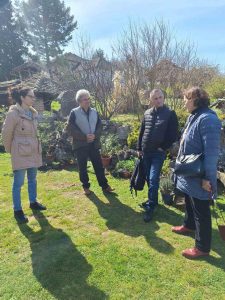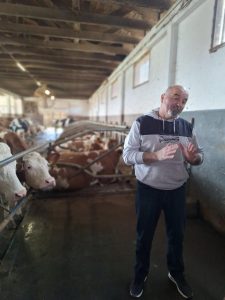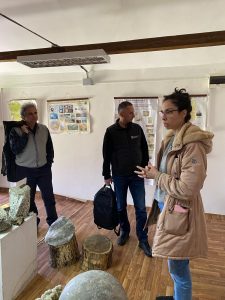We invite you to join the presentation and discussion of the report from the in-person Grassroot Innovation for Agroecology (GIA) convening held in Italy in October ’23.
Grassroots Innovation Assembly for Agroecology (GIA)
Presentation & Discussion of the report of the in-person GIA convening in Gallese (Italy, Oct ’23)
with 11th Hour Project, OpenTeam, FarmHack, Schola Campesina, and
Maya Cohen, author of the convening report
Drawing from a foundation of food sovereignty, agroecology and the Rights of people to define their food systems, GIA has been created (2023) to defend technological autonomy as a powerful tool to strengthen small-scale food producers globally and improve resilience, autonomy and sovereignty
GIA is a space of sharing where grassroots innovations networks around the world -who are already demonstrating an farmer-led future for agricultural technology – can connect and build a grassroots perspective on innovations.
The event will be held in English,
and possibly other languages supported by GIA organizations (tbd)
Dates depending on your timezone:
Wednesday, June 12th. Registration Link
9 am PT / 6 pm CEST
Thursday, June 13th Registration Link
11 am CEST / 12 pm (noon) Nairobi time /
3:30 pm New Delhi time / 4 pm Jakarta time
The REPORT
You will find the link to the report here:
INVITE A FRIEND
Feel free to pass on the invitation to organizations and people in your network.
We look forward to seeing you there!
— Schola Campesina & the GIA organizing team –





